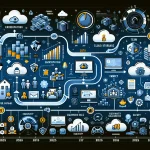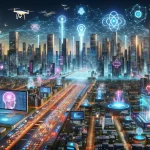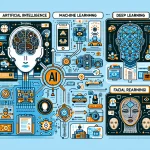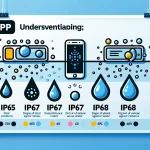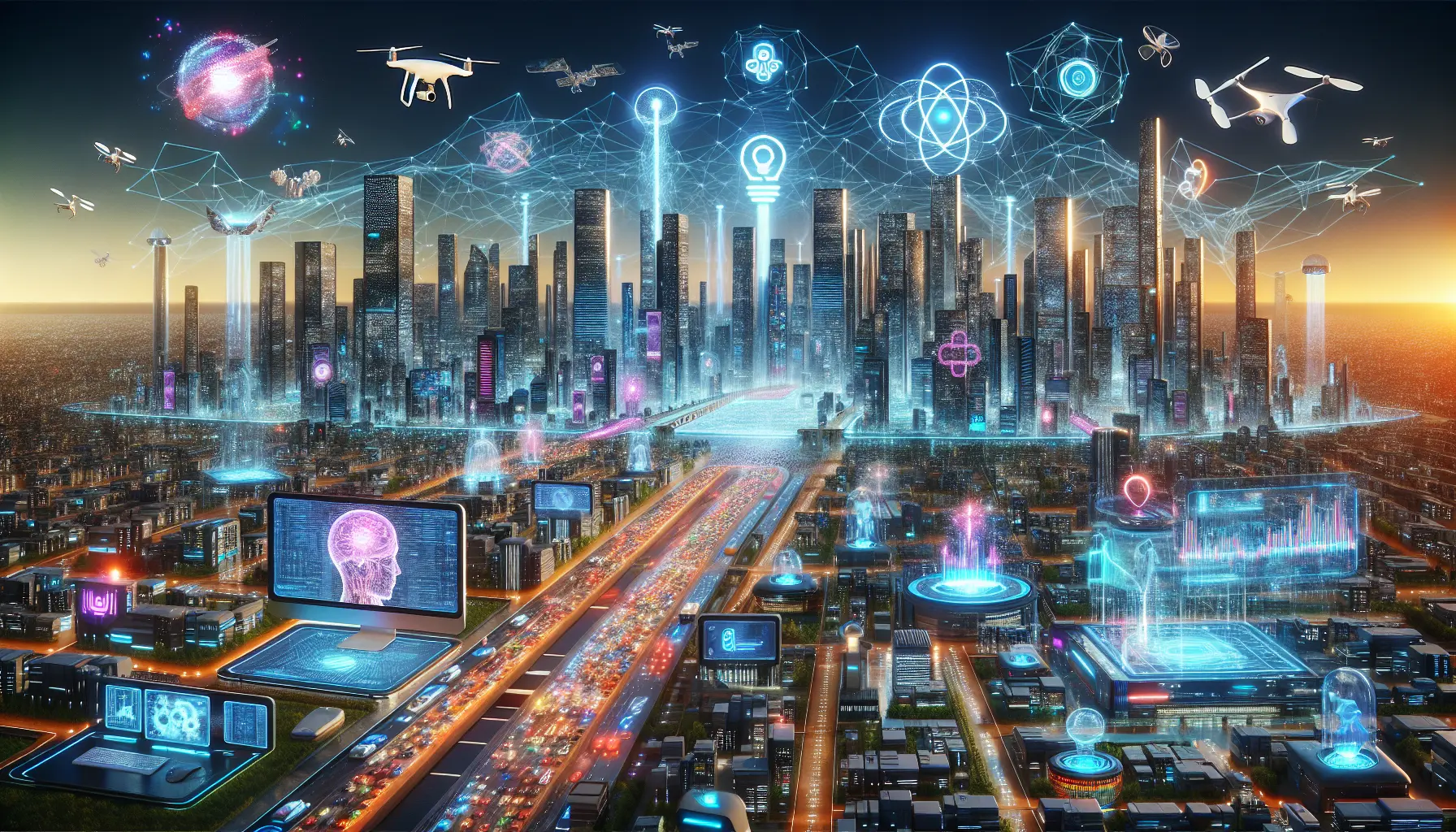
Estimated reading time: 8 minutes
Key Takeaways
- AI Evolution: By 2030, AI will make complex decisions and collaborate with humans in unprecedented ways.
- Quantum Computing: This technology will revolutionize industries by solving problems beyond current capabilities.
- Biotechnology: Advances like CRISPR will enable personalized medicine and enhanced agricultural practices.
- IoT Growth: Smart devices will create interconnected ecosystems, improving efficiency in urban environments.
- Workforce Changes: New job roles will emerge, requiring continuous learning and adaptability.
Table of Contents
Introduction
Technology advancement isn't slowing down – it's accelerating at an unprecedented pace. By 2030, the innovations we consider groundbreaking today will be commonplace, while entirely new breakthroughs will reshape how we live, work, and interact.
Current State of Technology
Before looking forward, we need to understand our starting point. We're experiencing remarkable progress in artificial intelligence, robotics, and renewable energy. However, we face significant challenges in data privacy, infrastructure development, and technology adoption.
Key Technology Trends
Artificial Intelligence and Machine Learning Revolution
AI is moving beyond simple automation. By 2030, we'll see AI systems that can:
- Make complex decisions autonomously
- Collaborate naturally with humans
- Create innovative solutions to global challenges
The healthcare sector will particularly benefit, with AI-powered diagnostics and personalized treatment plans becoming standard practice [source].
Quantum Computing Breakthrough
Quantum computers will solve problems our current systems can't handle. They'll revolutionize:
- Drug discovery and development
- Climate modeling
- Financial modeling and risk assessment
By 2030, quantum computing will be accessible to businesses, transforming industries through unprecedented computational power [source].
Biotechnology Advances
Gene editing technology like CRISPR will mature, enabling:
- Treatment of genetic diseases
- Enhanced crop yields
- Personalized medicine based on genetic profiles
The integration of AI with biotechnology will accelerate drug development and disease prevention strategies [source].
Internet of Things (IoT) Evolution
Smart devices will become more intelligent and interconnected. We'll see:
- Self-maintaining industrial equipment
- Intelligent traffic management systems
- Automated energy optimization in buildings
Cities will transform into smart ecosystems where data-driven decisions improve efficiency and quality of life [source].
Societal Impact and Adaptation
Workforce Transformation
The job market will undergo significant changes:
- New roles will emerge in AI management and ethics [source]
- Traditional jobs will evolve to incorporate technology
- Remote work will become more sophisticated through VR collaboration
Education and Skill Development
Learning will become:
- More personalized through AI-driven platforms
- Continuous throughout careers
- Focused on adaptability and technological literacy
Preparing for the Future of Tech 2030
To thrive in this technological future:
- Stay informed about emerging technologies
- Develop adaptable skill sets
- Embrace continuous learning
- Consider ethical implications of new technologies
Organizations should:
- Invest in employee training
- Build flexible technology infrastructure
- Create clear digital transformation strategies
Conclusion
The future of technology by 2030 promises extraordinary advances across all sectors. Success will depend on our ability to adapt and leverage these innovations responsibly. The key is to remain curious, flexible, and committed to learning as technology continues to evolve.
Remember: The future isn't something that happens to us – it's something we actively shape through our choices and actions today.
Frequently Asked Questions
What are the key trends in future technology?
Key trends include advancements in AI, quantum computing, biotechnology, and the Internet of Things (IoT).
How will AI impact the job market?
AI will create new job roles while transforming existing ones, requiring workers to adapt and learn continuously.
What is the significance of quantum computing?
Quantum computing will enable solutions to complex problems that are currently unsolvable, impacting various industries.
How will biotechnology change healthcare?
Biotechnology will lead to personalized medicine and advanced treatments for genetic diseases.
What role will IoT play in smart cities?
IoT will enhance urban living by creating interconnected systems that improve efficiency and quality of life.
